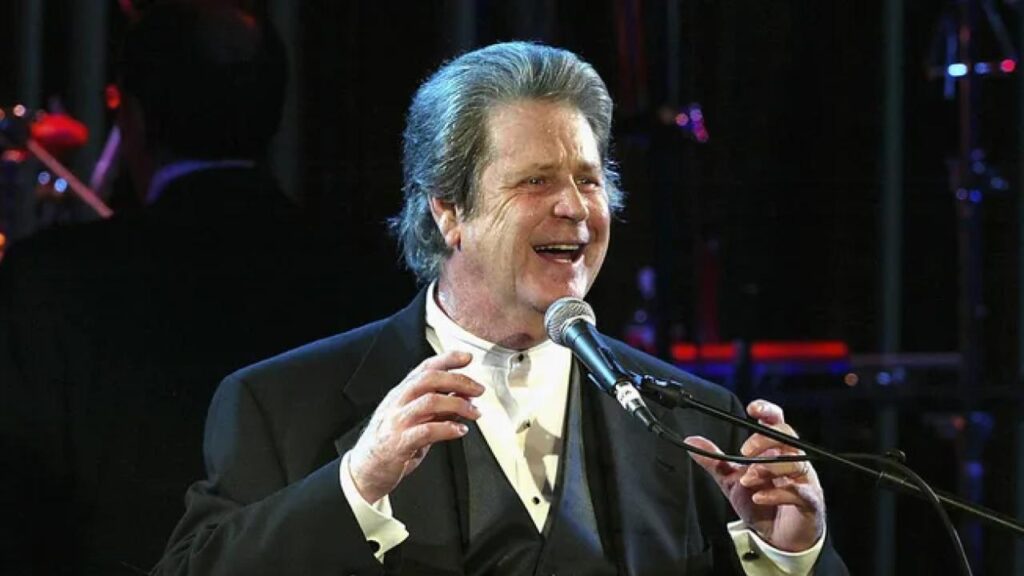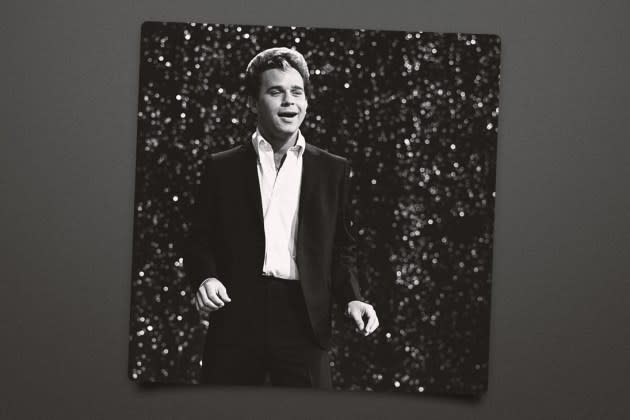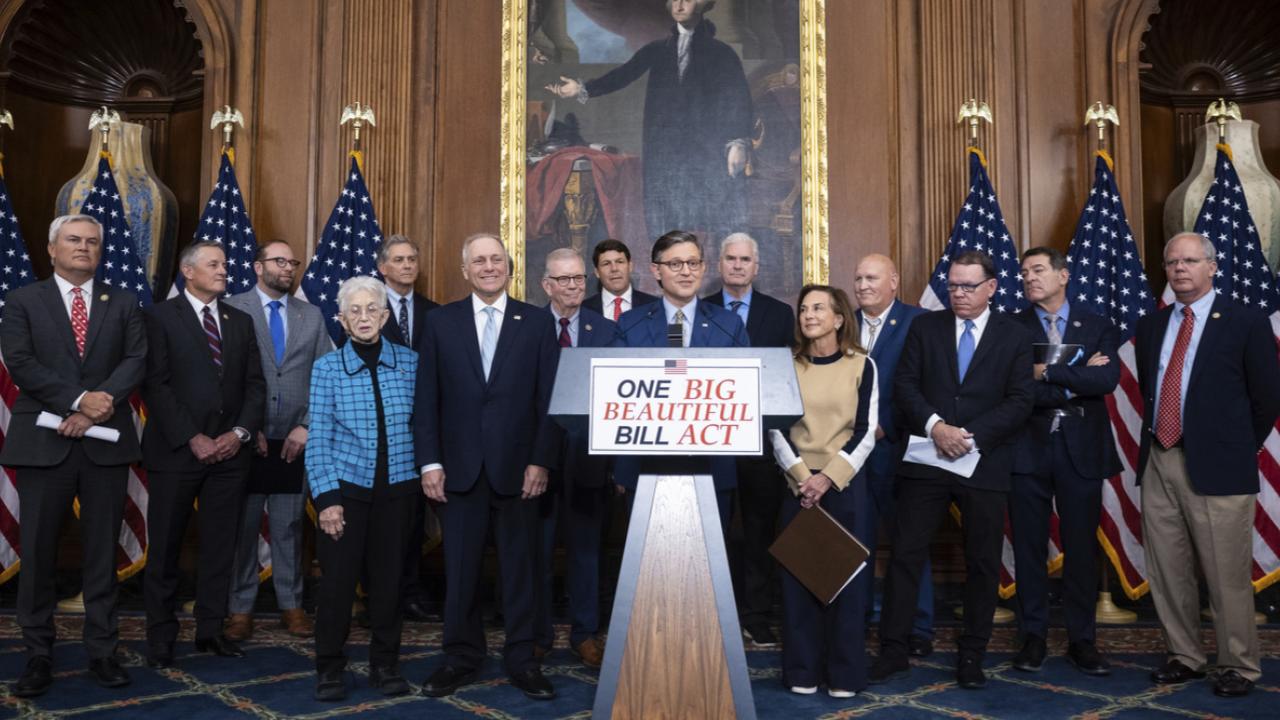When Lou Christie first climbed to No. 1 with “Lightnin’ Strikes” in early 1966, his signature falsetto—and the thrilling “Stop! Stop!” choir—took the pop world by storm. Born Lugee Alfredo Giovanni Sacco in Glenwillard, Pennsylvania, in February 1943, Christie’s soaring vocals set him apart from his peers. His death on June 18, 2025, at age 82, marks the end of a singular musical journey.

Early obscurity gave way to national recognition with 1963 hits “The Gypsy Cried” (No. 24 Hot 100) and “Two Faces Have I” (No. 6). But it was “Lightnin’ Strikes,” released upon his return from Army Reserves, that soared to No. 1 and cemented his place in pop histor.
Falsetto Icon Lou Christie Passes Away at 82
| Insight | Statistic |
|---|---|
| Chart-topping falsetto | “Lightnin’ Strikes” reached No. 1 on Feb 19, 1966 |
| Breaking taboo | “Rhapsody in the Rain” stirred controversy, prompting lyric edits |
| Late-career resurgence | 1969 hit “I’m Gonna Make You Mine” climbed to No. 10 US, No. 2 UK |
From Pittsburgh farmboy to Billboard chart-topper, Lou Christie’s career spanned decades and genres—but always retained the heart of a showman. Through his unforgettable falsetto and heartfelt performances, he left a legacy that lives on in every note of “Lightnin’ Strikes” and beyond.
I remember catching his live show years ago—I swear his voice still gives me goosebumps. We might say that lightnin’ no longer strikes, but Lou Christie’s voice? That lives forever.
From humble beginnings to national acclaim
Born in 1943, Lugee Sacco grew up singing in his family’s kitchen. It was there he met Twyla Herbert, a classically trained songwriter about 20 years his senior. Together, they forged a partnership that lasted decades—she co-wrote his biggest hits and shaped his distinctive sound.
After graduating high school in 1961, Sacco moved to New York to chase fame. His breakout single, “The Gypsy Cried,” still credited as Lugee Sacco, sold over 30,000 copies locally before landing on the national charts in 1963. That success led to “Two Faces Have I” and a contract with Roulette Records.
High points, hit records, and headline controversies
“Lightnin’ Strikes” electrifies the nation
Recorded Sept 3, 1965, during his stint with MGM Records, “Lightnin’ Strikes” emerged as a tour de force. Its falsetto-backed verses and bold instrumentation rocketed it to Billboard’s top spot on Feb 19, 1966—Christie’s 23rd birthday.
Rainy-day rule breaker
His follow-up, “Rhapsody in the Rain,” captured teenage love amid a rainstorm—but some AM radio stations banned its sensual opening lyric. A softer line (“We fell in love in the rain”) eventually cleared airwaves.
Hearts and headlines: a life beyond the hits
Christie’s career didn’t stop with 1960s chart glories. After a stint in the Army Reserves, he churned out more singles, experimented with country-influenced styles in the 1970s (“Paint America Love,” 1971), and remained a staple on the oldies circuit through the 1980s and beyond.
Later, he toured in nostalgia-driven acts with the Golden Boys (featuring Frankie Avalon and Fabian) and continued to record into the 2020s. His final recordings—“Love Goes On Forever” (2021) and “Luv Attack” (2022)—evidenced his timeless vocal range and adaptability.

A neighbor and mentor in Hell’s Kitchen
Christie lived quietly in New York City’s Hell’s Kitchen, endearing himself to local residents and musicians alike. He often contributed to neighborhood discussions, supported community causes, and was described as a grounded, generous spirit.
Longtime neighbor and musical director Jeremy Driesen remembered him as “honest, humane, kind… He taught me showmanship, professionalism, self‑respect—and how to shave,” a testament to Christie’s influence beyond the stage.
Wit, wisdom, and why his music mattered
Christie’s flair lay in unfiltered emotional delivery. The operatic lung-burst in “Lightnin’ Strikes,” the romantic storm in “Rhapsody in the Rain,” and the dramatic vibrato in “Two Faces Have I” brought theatricality to mainstream radio. His use of falsetto wasn’t a gimmick—it was pure feeling.
His longtime partnership with Twyla Herbert shaped these hooks and narratives—songs crafted in the kitchen and perfected in the studio. Their synergy defined an era of romantic drama in pop music.
Survived by love and legacy
Christie passed at home in Pittsburgh on June 18, 2025, after a brief illness, surrounded by loved ones. He is survived by his wife Francesca and two children. His family’s Instagram statement described him as “cherished… by countless fans whose lives he touched,” and praised both his talent and his spirit.
FAQs
Who was Lou Christie married to?
He was married to Francesca, who stood by him throughout his later years and survives him along with their two children.
What triggered the controversy around “Rhapsody in the Rain”?
Radio stations initially banned it in 1966 due to the opening line about “makin’ out in the rain,” prompting a rewrite to more innocuous lyrics.






